Türkiye sets up agency for unrecognized Alevi minority amid 'assimilation' criticism
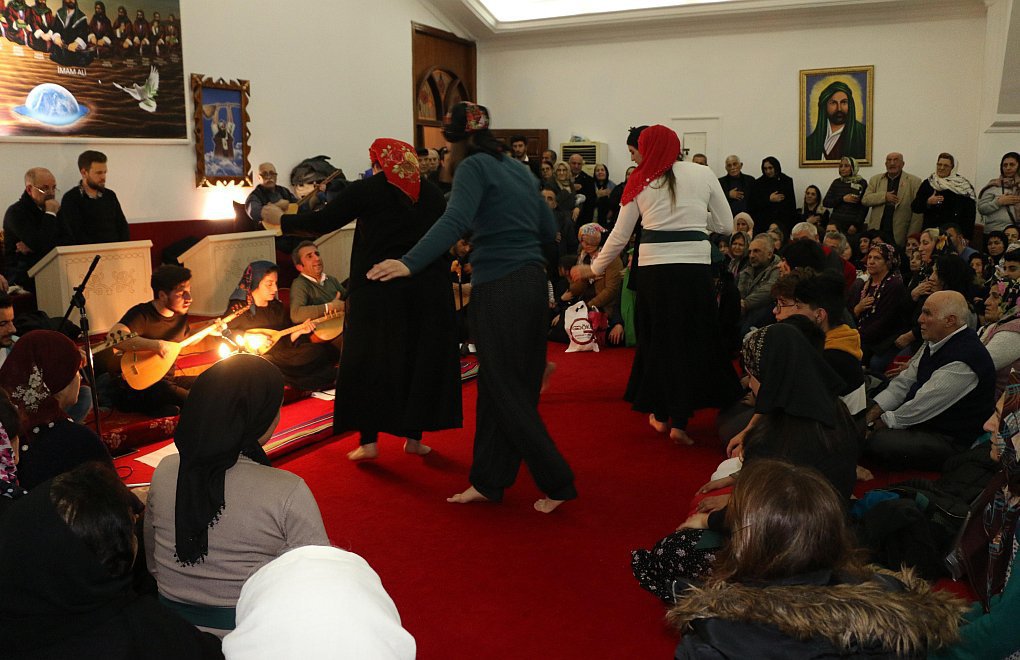
Alevis performing "cem," a religious ritual, in a cemevi. (Photo: PİRHA/File)
• President Erdoğan last month announced a "democratization initiative" for Alevis
• The initiative includes an agency overseeing Alevis' religious practices, which will also cover the expenses of their places of worship
• Alevis have objected to the agency being set up under the Ministry of Culture, which they say is the continuation of the denial of recognizing them as a religious community
• Several Alevi groups gathered outside of the parliament, denouncing what they called "assimilation policies"
The government has set up an agency for the country's Alevi religious minority to carry out cultural research and oversee cemevis, the Alevis places of worship.
The Presidency of Alevi-Bektashi Culture and Cemevis will operate under the Ministry of Tourism and Culture, according to a presidential decree published in the Official Gazette today (November 9).
The decree comes after yesterday's vote in the parliament, where an omnibus bill that included amendments to various laws and the establishment of the agency was enacted.
"I wish this step, which is one of our democratization reforms, to be beneficial for our country and our Alevi-Bektashi brothers and sisters," President Recep Tayyip Erdoğan tweeted following the establishment of the agency.
The duty of the agency is to "carry out studies to determine the needs of the cemevis and coordinate the effective implementation of the services in cemevis" and to carry out scientific studies regarding Alevism and Bektashism, according to the decree.
The agency will have an advisory committee of 11 members, all of which will be selected by the president.
Criticism and protests
With the agency established, the government will oversee the cemevis across the country and cover their expenses such as water and electricity, as it does with the mosques of the Sunni Muslim majority.
However, Alevi groups have opposed the agency being set up under the Ministry of Culture, which they say is the continuation of the government's denial of recognizing the Alevis as a separate religious group from the Sunni Muslim majority.
Türkiye formally considers all of its citizens, apart from the recognized religious minorities such as Christians and Jews, Muslims. The Presidency of Religious Affairs, the top religious body of the country, is dedicated to the Sunni Muslim faith.
CLICK - Türkiye's Alevi minority not content with Erdoğan's 'democratic initiative'
Members of several Alevi groups and MPs gathered outside of the parliament yesterday to protest the vote.
Reading out a statement in the name of the groups, Celal Fırat, head of the Alevi Associations Federation (ADFE), said, "The Alevi issue cannot be solved by items like basic expenses. Cemevis, which are the worshiping places of Alevis, are made to look problematic with this law."
The Alevis were not regarded as equal citizens in the first century of the Republic, and the ruling party, with its assimilation policies, now attempts to "exterminate them completely," said Fırat.
"Alevism is portrayed as a cultural element under the Sunni tradition which is an insult to our faith and identity, especially with this law," he remarked.
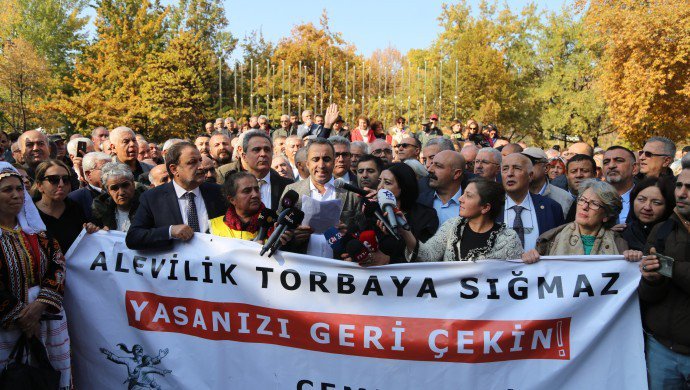 Photo: MA
Photo: MA
Formally unrecognized as a religious community, the Alevis were subjected to atrocities in recent history, most notably the 1978 Maraş Massacre, the 1980 Çorum Massacre, the 1993 Sivas Massacre and the 1996 Gazi Massacre.
Their places of worship and homes are still sporadically attacked in various parts of the country, mostly by marking buildings with "X." In a parliamentary question last year, an MP for the Peoples' Democratic Party (HDP) noted that 38 similar incidents took place in the country in a decade. (VK)




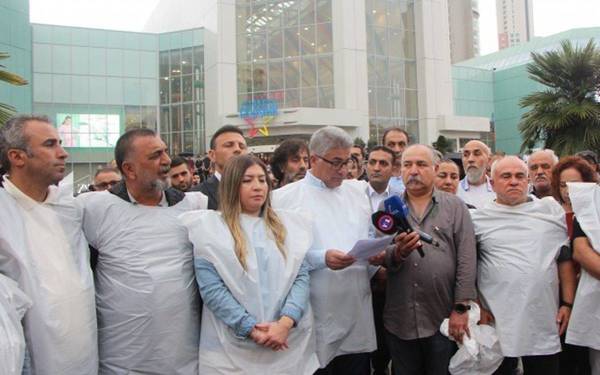

.jpg)
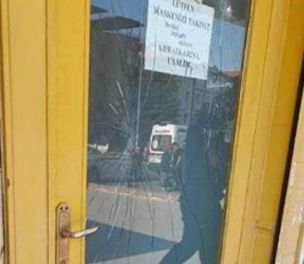
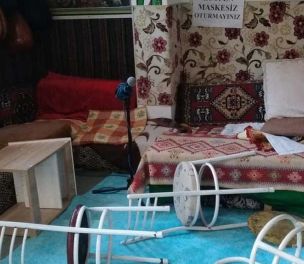
as.jpg)


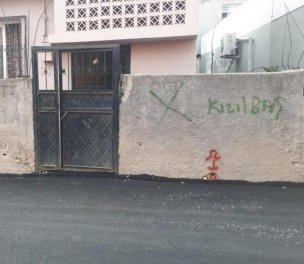
scs.jpg)